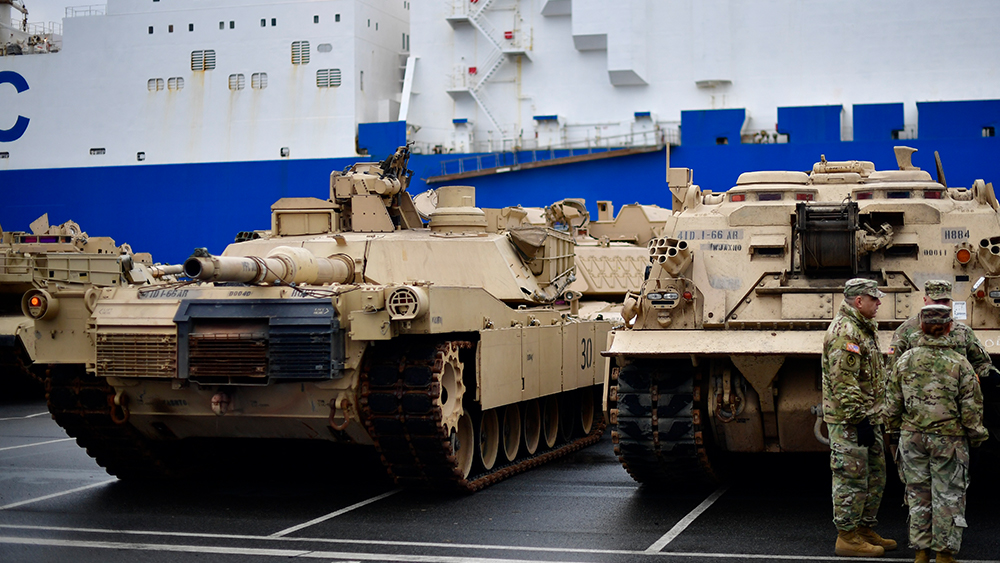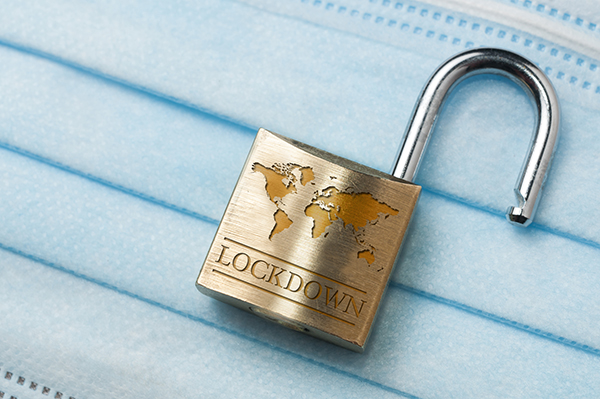According to Defense Minister Boris Pistorius, the Bundeswehr is understaffed and ill-equipped due to decades of neglect by the federal government,
FirstPost reported this week.
“We have no armed forces that are capable of defending [Germany] that is, capable of defending [it] against an offensive, brutally waged aggressive war,” he said during a recent meeting with members of the ruling Social Democratic Party.
The Defense Minister asserted that the German military has been ignored by the federal government for several years, resulting in inadequate staffing and equipment. To meet NATO standards, he suggested that Germany must enhance its military investment.
The North Atlantic Treaty Organization, commonly known as NATO, is a military and political alliance of 30 member countries from North America and Europe. It was founded in 1949 with the goal of providing a collective defense against potential threats, promoting stability and security in the Euro-Atlantic region, and encouraging cooperation among its members.
The primary mission of NATO is to ensure the security of its member countries. This is accomplished through a variety of means, including maintaining a strong military presence in Europe, conducting military exercises and training, and engaging in intelligence sharing and cooperation. NATO also works to promote stability and security in regions outside of its member countries, including through peacekeeping missions and humanitarian aid efforts.
Another important role of NATO is to promote democratic values and institutions. This includes supporting the rule of law, human rights, and freedom of speech and the press. NATO also works to promote economic development and trade, and to encourage political cooperation among its members.
NATO
has played a significant role in promoting peace and stability in Europe since its founding. During the Cold War, NATO served as a bulwark against the Soviet Union, and helped to prevent the outbreak of a major war in Europe. Since the end of the Cold War, NATO has continued to play an important role in promoting peace and stability in the region, including through its involvement in conflicts in the Balkans and its ongoing efforts to combat terrorism.
In recent years, NATO has faced a number of challenges. These include tensions between member countries, concerns over the role of NATO in the Middle East, and the rise of new threats such as cyber attacks and hybrid warfare. But clearly, according to German officials, the country's military not only can't contribute much to NATO, it cannot defend itself.
The commander and highest-ranking officer of the German army, Lieutenant General Alfons Mais, stated last week that the 100 billion euros pledged by Chancellor Olaf Scholz would be insufficient to ensure that the country's armed forces are prepared for battle.
“The army that I have the duty to lead is more or less bare,” he was quoted as saying by a German media outlet.
Pistorius made the statement just hours after Colonel Andre Wustner, the chairman of the German Armed Forces Association, revealed in an interview with German outlet
Bild that only 30 percent of the roughly 300 Leopard 2 tanks in Germany's inventory are presently operational. Despite a concerning defense situation at home, Germany has been offering significant aid to war-torn Ukraine for more than a year as it fights against Russian aggression.
According to Armin Papperger, the CEO of Rheinmetall, the country's leading defense contractor, the German government has given two
cutting-edge air defense systems to Ukraine that were originally designed to safeguard Berlin. Papperger made this statement during a Tuesday episode of the Pioneer podcast.
Sources include:
FirstPost.com
NATO.int
 Parler
Parler Gab
Gab










